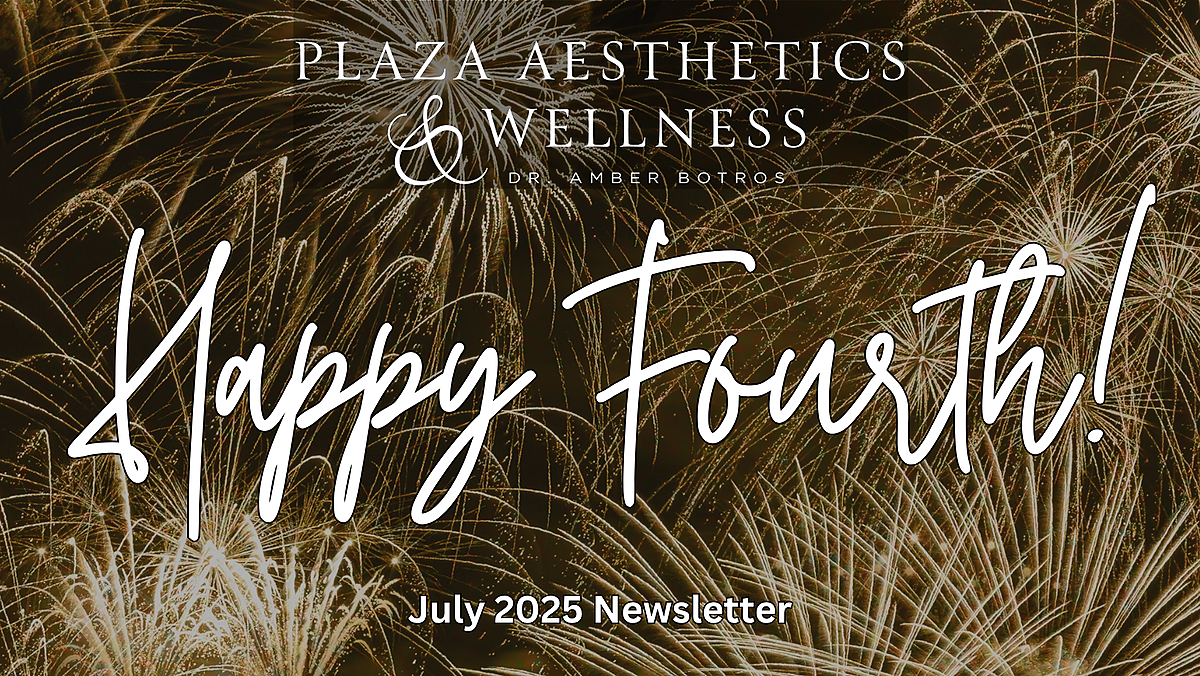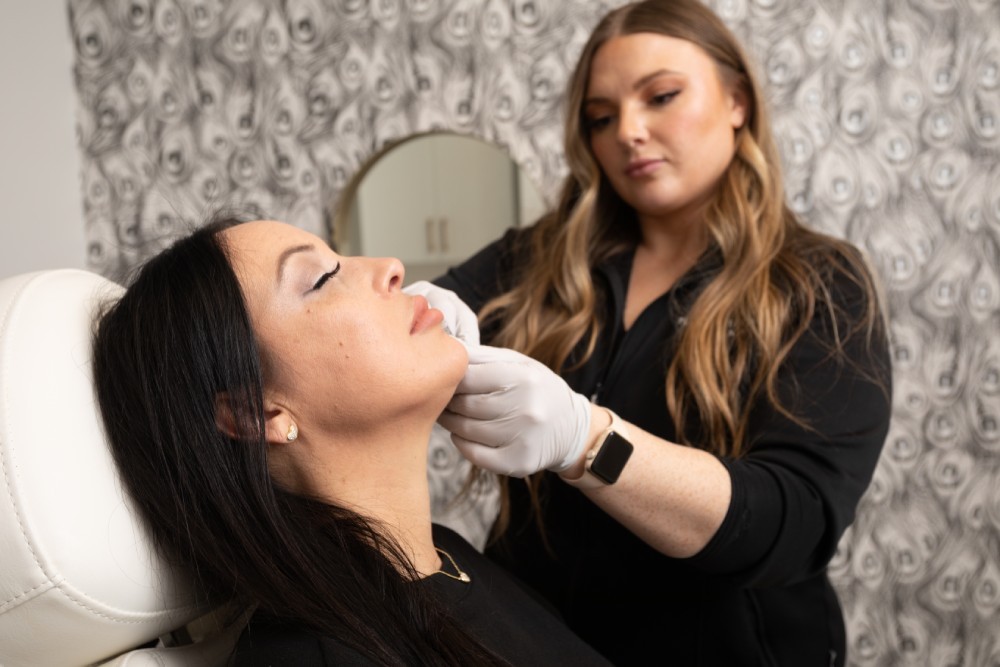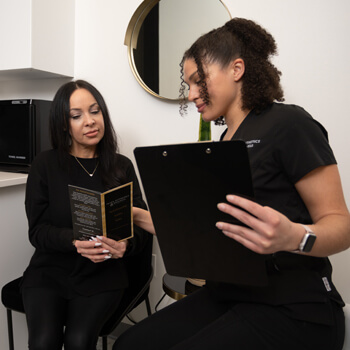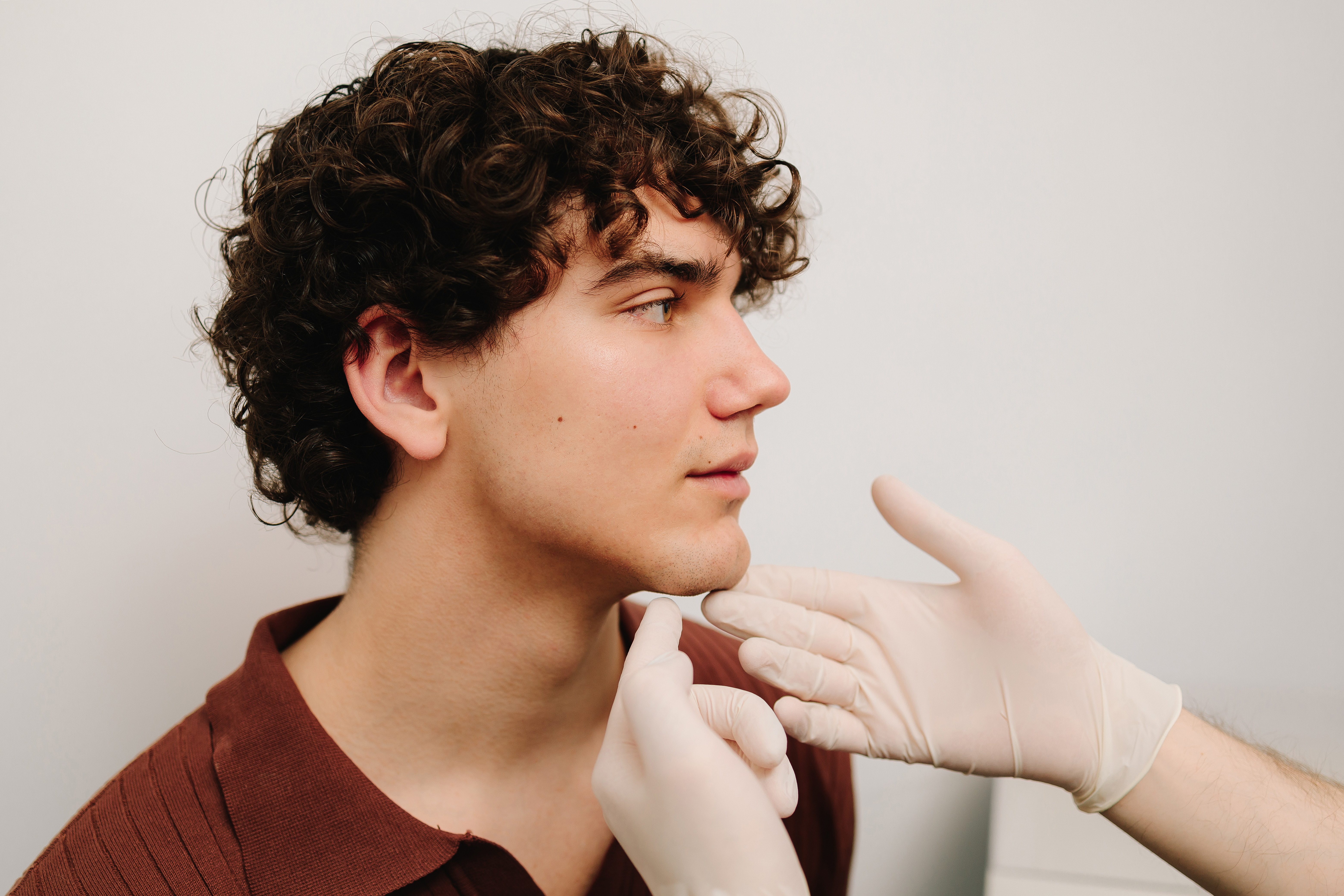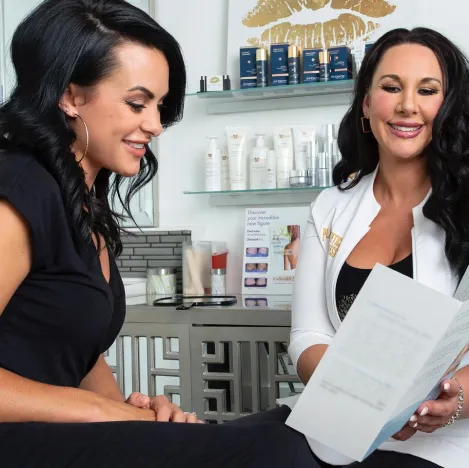Men noticing fatigue, low libido, mood instability, or declining strength may be experiencing more than aging—it’s a whisper from their hormones. Men’s hormone replacement, especially Testosterone Replacement Therapy (TRT), can shine a light on these shadows and help restore equilibrium.
But this isn’t a quick fix—it’s a clinical journey requiring knowledge, timing, and tailored care. Stick with me to discover if hormone therapy is your key to reclaiming balance, energy, and well-being.
What Is Men’s Hormone Replacement Therapy?
Men’s hormone replacement therapy primarily refers to testosterone replacement therapy (TRT)—a controlled, physician-led treatment designed to restore testosterone levels in men with documented hormonal decline.
Whether through weekly injections, topical gels, patches, or pellets, TRT brings testosterone back to healthy levels. It’s much more than muscle gains; it supports energy, mood, libido, bone strength, and emotional well-being.
It begins only after proper diagnosis—blood tests, symptom review, and medical history are all part of responsible care.
Keys to Know About Hormone Therapy
Understanding hormone therapy goes beyond basic definitions. It’s about recognizing how testosterone influences nearly every facet of a man’s physical, emotional, and mental health—and how to respond with care and clarity when that balance starts to shift.
These are the core truths every man deserves to know before considering testosterone replacement therapy (TRT):
1. It’s Not Just About Libido—Testosterone Affects Everything
Most people associate testosterone solely with sexual drive, but this hormone does far more. It influences energy, stamina, mood stability, fat distribution, muscle mass, cognitive clarity, and even sleep patterns.
When testosterone levels dip, the impact can feel widespread—like slowly losing your edge without knowing why. That’s why symptoms of low testosterone in men often show up subtly: chronic fatigue, mild depression, mental fog, or a softening of physical strength.
2. Low T Can Happen Earlier Than You Think
There’s a widespread belief that hormonal imbalance only strikes during a man’s later years—but symptoms of low T can begin as early as the 30s. While testosterone naturally declines with age (about 1% per year after 30), stress, lifestyle, medications, and underlying health conditions can speed up the process.
You don’t have to “wait to get old” to experience the drag of hormonal depletion. That means paying attention and asking questions early matters.
3. Diagnosis Must Be Data-Driven
Thinking, “Do I need hormone therapy?” begins with testing—not guessing. At Plaza Aesthetics & Wellness, lab work is non-negotiable. A proper testosterone test is done in the morning when levels peak, often more than once to confirm accuracy.
You’ll also discuss symptoms, lifestyle, medical history, and goals. Hormone therapy isn’t about jumping to conclusions. It’s about understanding the full picture—what your body is doing, what it’s missing, and how to best support it.
4. Hormone Replacement Is Personalized, Not One-Size-Fits-All
What works for one man might be completely off-mark for another. Plaza Aesthetics & Wellness offers personalized protocols—some patients thrive on weekly testosterone injections, while others prefer topical gels or long-lasting pellets.
The choice depends on your lifestyle, convenience, goals, and how your body responds. What matters most? You’re not boxed into a preset system. You and your provider craft a plan built for your rhythm.
5. You’ll Need Ongoing Monitoring
Testosterone therapy isn’t a set-it-and-forget-it approach. Ongoing care is essential. Hormone levels must be measured regularly, and your provider will keep tabs on red blood cell counts, PSA levels, and how your symptoms evolve.
Think of it like a personal health dashboard—it helps make timely adjustments, avoid side effects, and keep everything in balance. Done right, hormone therapy becomes a long-term partnership between you and your provider—not just a prescription.
6. Side Effects Are Rare—But Real
When managed under medical supervision, TRT is safe for most men. Still, potential side effects include acne, fluid retention, increased red blood cell count, and changes in mood or sleep. For men with a family history of prostate issues, testosterone therapy requires even closer screening.
This is where being under the care of a physician—not a generic clinic—is essential. At Plaza Aesthetics & Wellness, safety isn’t just a promise; it’s protocol.
7. TRT May Impact Fertility
One of the most overlooked facts? Testosterone therapy can reduce sperm production and even cause infertility. This happens because supplemental testosterone can tell the brain to slow its own production, affecting the hormones that control sperm.
If fatherhood is in your future, make that part of the conversation early. There are alternative treatment routes that support testosterone without affecting fertility.
8. The Mental Health Impact Is Powerful
Patients often report something unexpected: a dramatic lift in emotional well-being. Testosterone affects more than your muscles—it plays a critical role in how motivated, focused, and emotionally resilient you feel.
Some men describe TRT as “getting their spark back”—they engage more deeply with their partners, feel more present at work, and rediscover emotional clarity that had quietly faded. It’s not magic—it’s biology returning to equilibrium.
9. Testosterone Isn’t a Fountain of Youth
It’s tempting to view testosterone therapy as the ultimate biohack. While it can restore vitality, it’s not an excuse to ignore the fundamentals. Hormone therapy is an amplifier—it works best when paired with clean nutrition, smart training, stress reduction, and sleep.
This integrated, wellness-forward approach is exactly what Plaza Aesthetics & Wellness supports, helping you elevate your health in a sustainable, grounded way.
10. You Don’t Need to Feel “Broken” to Seek Help
One of the biggest myths about low T treatment options is that you have to hit rock bottom before seeking care. The truth is, hormone therapy isn’t about fixing something that’s broken—it’s about optimizing your health.
If you’re already noticing small dips in energy, mood, or drive, addressing hormonal balance early can prevent bigger issues later. It’s not about weakness—it’s about proactive strength.
Additional Considerations
Once you’ve covered the basics of testosterone replacement therapy, it’s time to zoom out. Hormones don’t operate in isolation—and neither should your decision. These next layers of insight are what make a good choice a great one.
Hormones and Heart Health: The Real Conversation
One of the most frequently asked questions in any men’s health consultation is, “Is TRT safe for my heart?” And it’s a valid concern. Over the years, studies have offered mixed perspectives on how testosterone replacement therapy (TRT) affects cardiovascular health.
Some research raised red flags, especially in older men or those with existing heart disease. Other studies, however, suggest that properly monitored TRT can actually improve certain cardiovascular markers—like fat distribution, insulin sensitivity, and lipid profiles.
What does this mean for you? That personalized, physician-guided therapy is essential. With the right oversight, TRT can be adjusted in real time to work with your heart, not against it. At Plaza Aesthetics & Wellness, this includes checking hematocrit levels, blood pressure, and heart markers before and during treatment.
Because a stronger heart should be part of your hormone journey—not a risk of it.
PSA, Prostate Health, and Long-Term Vigilance
Another important conversation? Prostate health. Testosterone doesn’t cause prostate cancer—but if a man already has prostate cancer cells, excess testosterone might stimulate their growth. That’s why comprehensive hormone therapy always includes baseline PSA (prostate-specific antigen) testing and regular follow-ups.
Here’s the truth: men with well-managed TRT don’t have higher rates of prostate issues than untreated men, as long as monitoring is consistent. Plaza Aesthetics & Wellness prioritizes proactive care—so you’re not just reacting to symptoms, but staying ahead of them.

Your Conversation Starts Here
Men’s hormone replacement is transformational—but it begins with awareness and clarity. From identifying symptoms, understanding long-term impacts, and choosing a delivery method, to integrating wellness habits and monitoring health, it’s a journey worth doing right.
With expert support from Plaza Aesthetics & Wellness in Kansas City, MO, TRT isn’t just a prescription—it’s a personalized path toward renewed energy, vitality, and confidence.
Let your health reflect your full potential. Start your hormone journey with intention and find out how good you can feel. Call us today to schedule your appointment!



